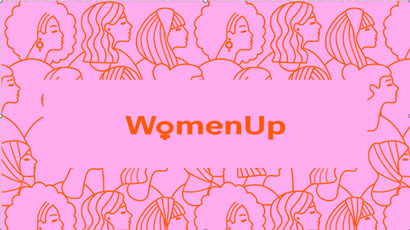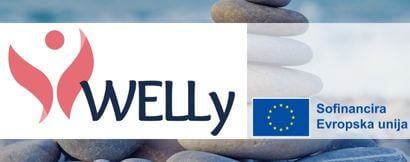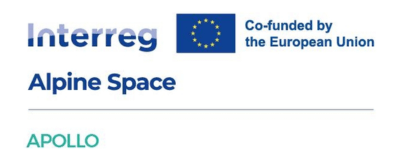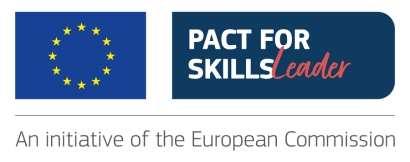Vabilo na Akademski dialog: The Long March of Gender Equality in European Higher Education and Research Institutions
Spoštovani,
vljudno vas vabimo na Akademski dialog z naslovom: The Long March of Gender Equality in European Higher Education and Research Institutions*,
ki ga bosta vodila: Lígia Amâncio & João Manuel de Oliveira
Dialog bo potekal 25. marca ob 16:00 preko MS TEAMS povezave.
Ključni poudarki dialoga bodo:
- Gender equality plans
- Gender mainstreaming
- Challenges and opportunities of implementation
*Dialog bo potekal v angleškem jeziku.
VEČ o predavateljih:
Lígia Amâncio
Retired since 2018 Lígia Amâncio graduated in Psychology in 1975 and Education in 1976 at Paris VIII University, France and obtained her PhD in sociology in 1989 at ISCTE-IUL in Lisbon, Portugal. The main focus of her career research was dedicated to the construction of gender processes and their impact on social discrimination and her publications include 47 articles in scientific journals, 2 books as single author and 7 books as editor or co-editor. She participated in several national and international competitive research projects the last of which was funded by the European Union’s Horizon 2020 (SAGE - Systemic Action for Gender Equality, 2016-2019). She was a founding member of the Portuguese Association of Women’s Studies, APEM in 1991 and the 2d President of the Association; she was also founding member of the Portuguese Association of Women’s Scientists, AMONET which she currently represents at the European Platform of Women Scientists EPWS.
João Manuel de Oliveira
Holding a PhD (2009) and a Habilitation (2024) in Psychology, João’s work has been devoted to gender studies and feminist theory. Invited Assistant Prof and researcher at ISCTE, João was Visiting Associate Professor at the Federal University of Santa Catarina, Brazil until 2021. João participated in several national and international research projects, including EU funded SAGE that aimed at creating gender equality plans for EU universities. João’s later works involve discussions on intersectionality, bodies and disability, sexualities and contemporary arts.






